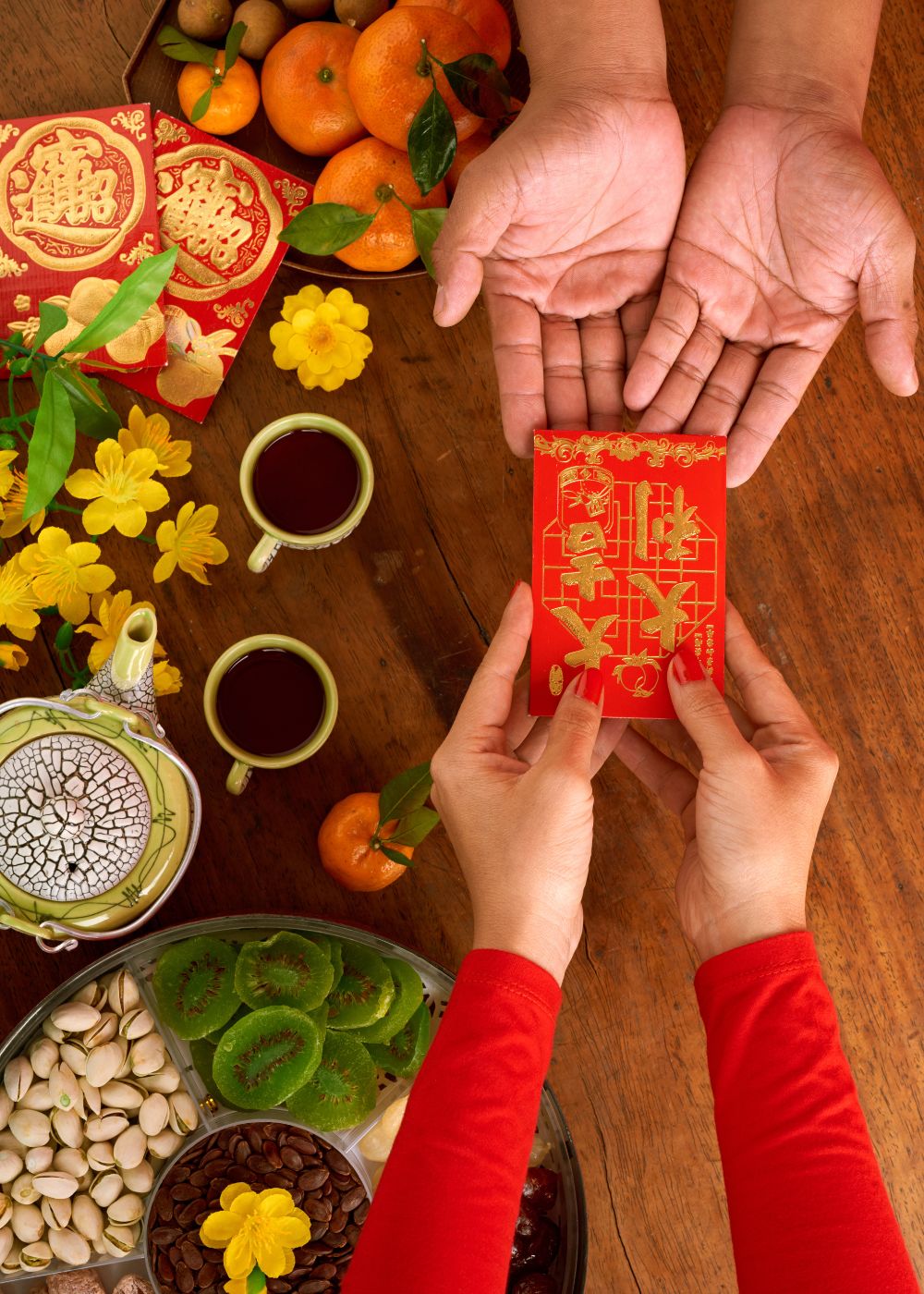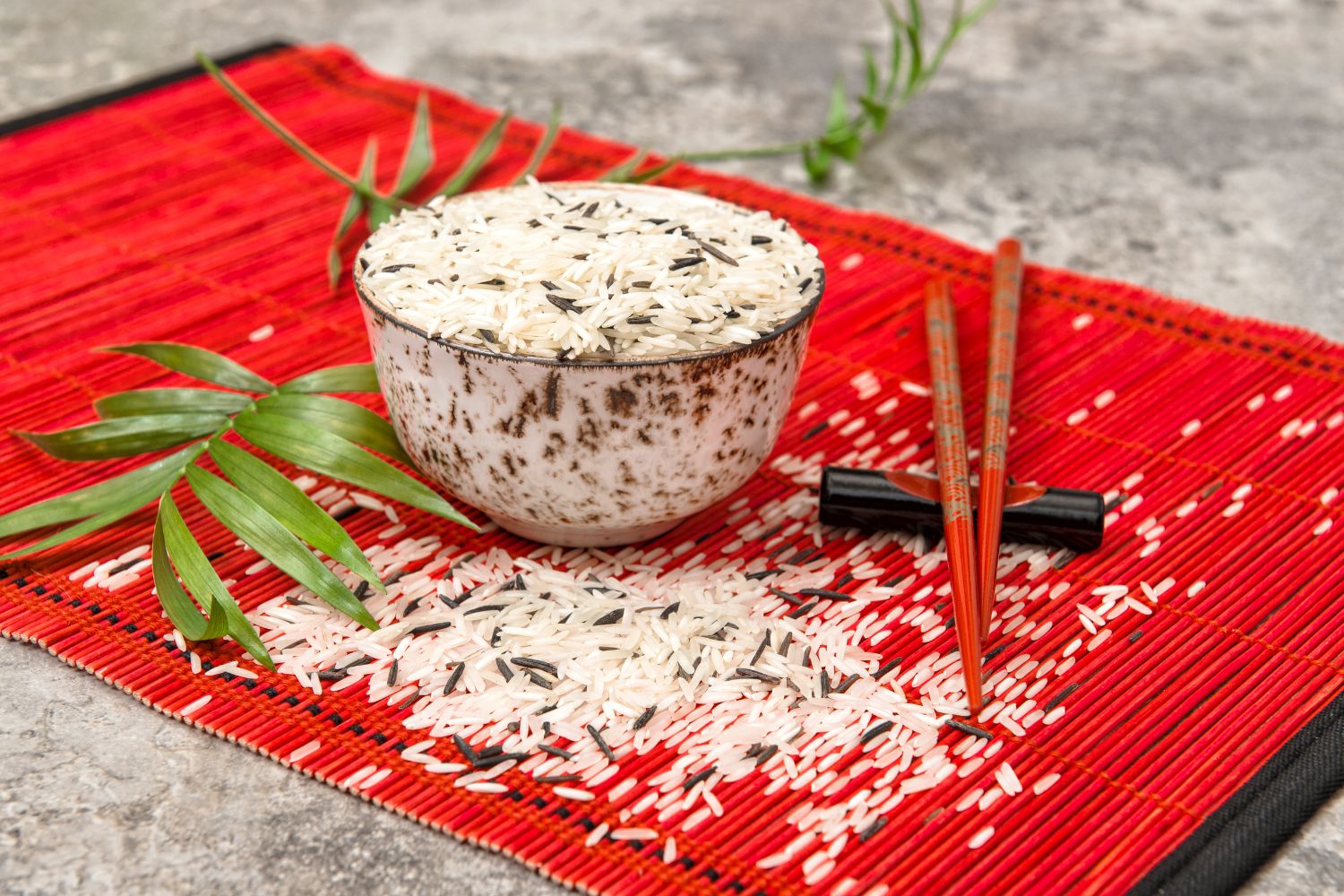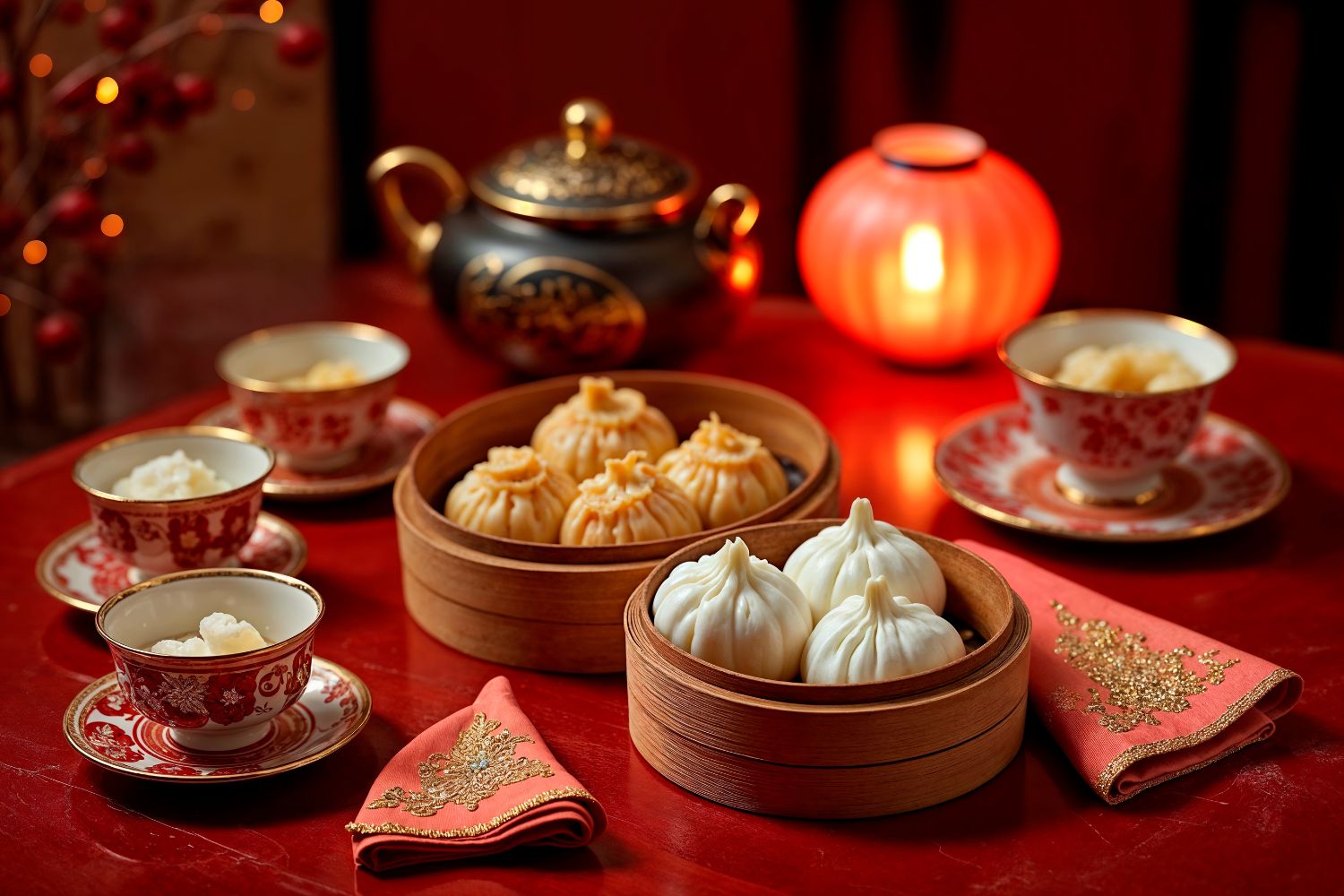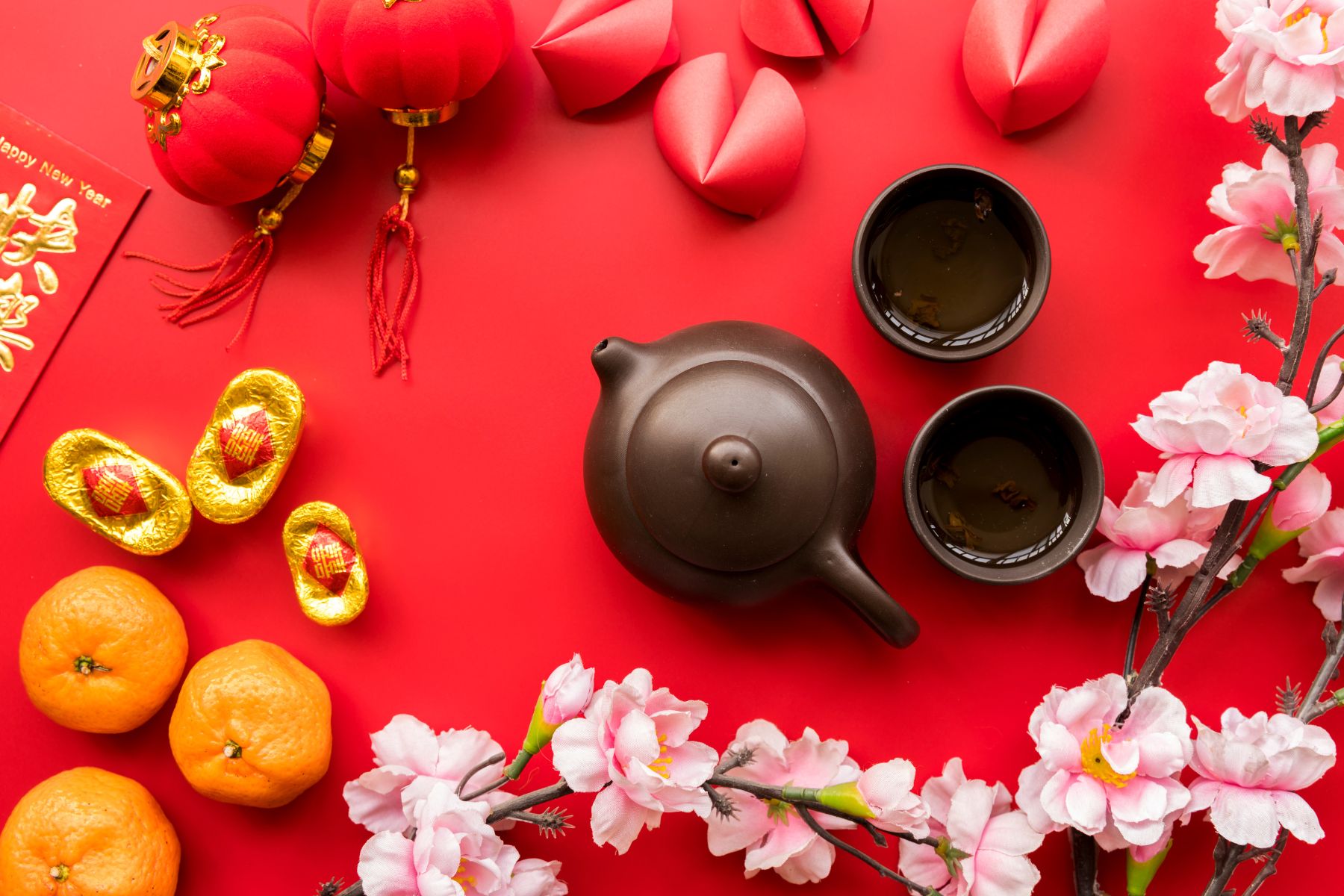Beyond well-known practices such as wearing red and offering mandarin oranges, there are also lesser-known dos and don’ts that hold deep cultural significance. These subtle rituals and precautions can help attract good fortune, avoid missteps, and ensure a smooth transition into the Lunar New Year.
Understanding and following these traditions isn’t just about superstition – it’s about aligning with the cultural wisdom that has been passed down through generations. Each action is steeped in meaning, often symbolising luck, health, or prosperity. After all, it’s better to embrace these practices than to inadvertently invite bad luck by neglecting them.
As we welcome the Year of the Snake, take note of these not-so-common customs to make the most of the new year ahead.
Dos

1. Open doors and windows at midnight
Opening doors and windows at midnight on the eve of the Lunar New Year is a custom believed to drive away any lingering bad luck from the past year, making room for fresh energy and blessings in the year ahead. The practice is rooted in the idea of allowing good fortune to flow freely into your home, while bad luck escapes.
2. Leave the lights on overnight
Leaving lights on during the night of Lunar New Year’s Eve is a symbol of welcoming a bright and prosperous year. It is believed that the light will guide good fortune into your home, ensuring a year full of hope and positive energy.
3. Ensure your rice container is full

A full rice container symbolises abundance and a steady flow of wealth for the year ahead. Some even place a bowl of rice at their doorstep, believing it will attract wealth and ensure that their household never runs out of food or resources, creating a continual flow of prosperity.
4. Pay off debts
Settling debts before the Lunar New Year symbolises a fresh start and ensures financial harmony for the year ahead. This tradition stems from the belief that unresolved debts bring bad luck and invite financial struggles, so clearing them paves the way for prosperity and good fortune.
5. Engage in charitable acts

Engaging in charitable acts during Chinese New Year is a way to cultivate good karma and set a positive tone for the year ahead. Rooted in the belief that generosity attracts prosperity, this practice encourages helping others and spreading goodwill, ensuring blessings for both the giver and receiver.
Don’ts
1. Go into other people’s bedrooms
Avoid entering other people’s bedrooms to wake them up and greet them during Chinese New Year. According to tradition, doing so is thought to bring exhaustion and fatigue upon the person for the entire year.
2. Breaking items
Breaking items like dishes or mirrors during CNY is believed to disrupt the flow of good fortune for the year, as broken objects symbolise misfortune. However, accidents happen, so if you’ve accidentally broken something, saying ‘sui sui ping an’ (岁岁平安) which means ‘peace every year,’ is thought to counteract bad luck and restore harmony.
3. Eat porridge on New Year’s morning

Eating porridge on New Year’s morning is avoided because it is traditionally associated with poverty and a humble lifestyle, symbolising a year of lack rather than abundance. This custom stems from the belief that starting the year with porridge may invite misfortune, so people prefer to eat more lavish or festive foods to ensure prosperity in the year ahead.
4. Wash your hair or clothes on New Year’s Day
In the Chinese language, the word for hair, ‘tou fa’ (头发), shares the same character ‘fa’ as in ‘fa cai’ (发财), meaning “to become wealthy.” As a result, cutting or washing your hair on New Year’s Day is thought to wash away your luck, and some people even go as far as avoiding showers altogether to preserve their prosperity.
5. Lend things to others
Lending things to others during Chinese New Year is believed to cause your own wealth and good fortune to be drained throughout the year. This stems from the idea that the start of the year sets the tone, and lending items on this day could symbolise giving away your prosperity for the rest of the year.
Explore more Chinese New Year stories here.










